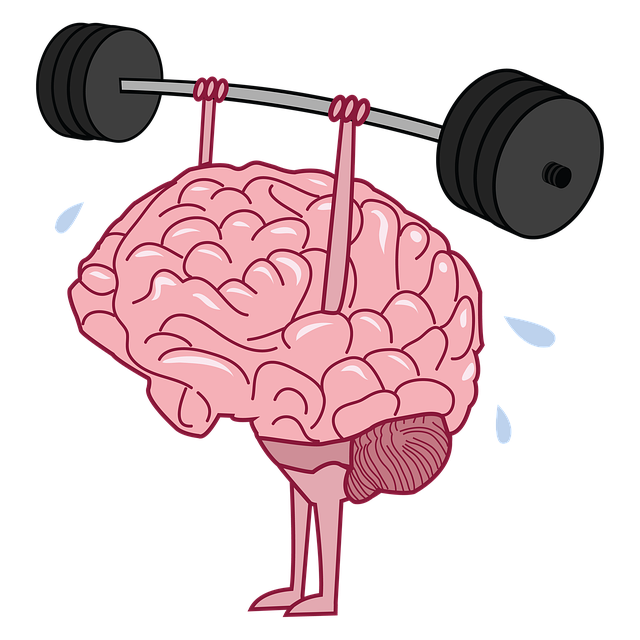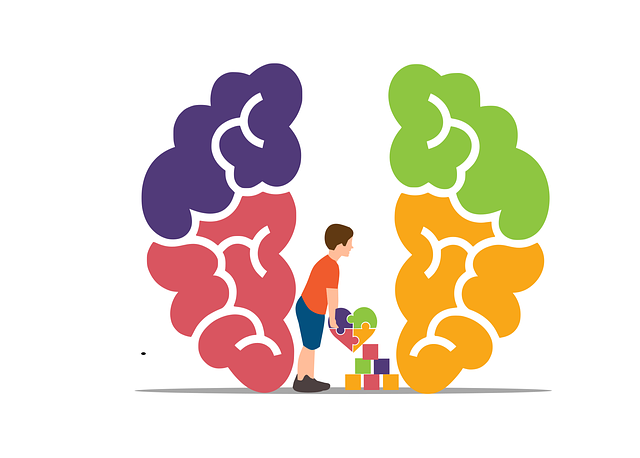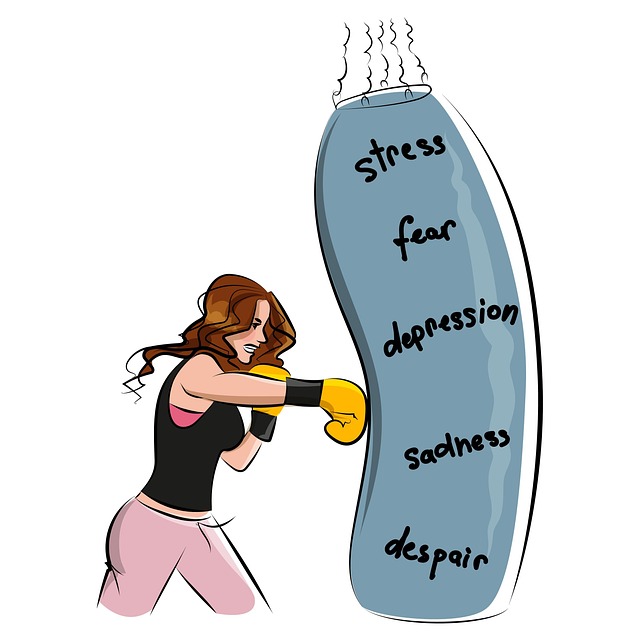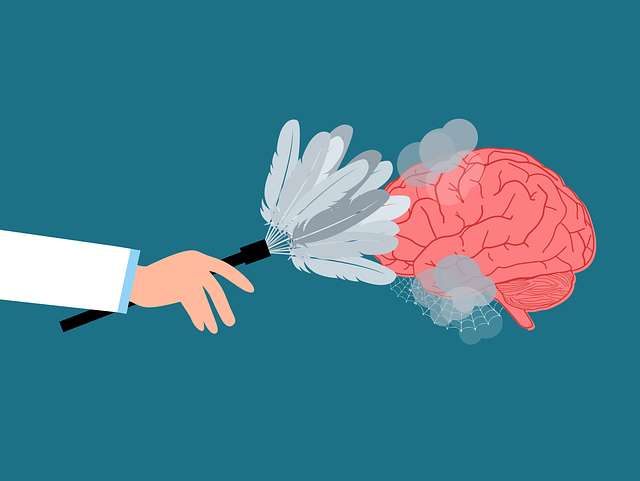Stress management through compassionate therapy is vital for young victims of domestic violence, offering tools like compassion cultivation and social skills training. Techniques such as mindfulness, deep breathing, and positive self-talk help children cope with trauma, reduce mental illness stigma, and promote resilience. Specialized programs tailored to this demographic disrupt intergenerational abuse cycles, fostering healthier communities and long-term mental health development in a fast-paced world where burnout is prevalent.
Stress management techniques are essential tools for young minds to navigate the challenges of modern life. This article explores three critical aspects: understanding stress and its profound impact on young individuals, implementing therapy-based coping mechanisms, and addressing domestic violence as a pivotal component of holistic stress management. By delving into these sections, we aim to equip parents, educators, and therapists with effective strategies to support the mental well-being of young children.
- Understanding Stress and Its Impact on Young Minds
- Teaching Coping Mechanisms: A Therapy Approach
- Breaking the Cycle: Addressing Domestic Violence in Stress Management
Understanding Stress and Its Impact on Young Minds

Stress is an inevitable part of life, but its impact on young minds can be profound, especially when exacerbated by challenging circumstances like domestic violence. Young children are particularly vulnerable to the effects of stress, which can manifest in various ways, including emotional and behavioral issues. Prolonged exposure to stressful situations can disrupt their brain development, affecting their ability to regulate emotions, learn, and interact with others. This is where effective stress management techniques become crucial in teaching young individuals how to cope and thrive.
Therapy for young children affected by domestic violence often incorporates compassion cultivation practices and social skills training to help them navigate and manage stress. By teaching these children mindfulness and emotional regulation strategies, therapists aim to reduce the negative impact of trauma and promote overall well-being. Additionally, mental illness stigma reduction efforts play a vital role in creating supportive environments where young minds can openly discuss their feelings and seek help without fear of judgment, fostering resilience and healthy coping mechanisms.
Teaching Coping Mechanisms: A Therapy Approach

Teaching coping mechanisms is a powerful therapy approach that equips young children with essential tools to navigate stress and emotions. This strategy is particularly vital for those facing challenges like domestic violence, where trauma can significantly impact their mental wellness. By incorporating techniques such as deep breathing exercises, visualization, and positive self-talk, therapists create a safe space for kids to express their feelings and develop healthy ways to manage stress. These methods not only foster resilience but also lay the foundation for long-term mental health development.
In today’s fast-paced world, where burnout is a growing concern, teaching these coping skills early on can be transformative. It empowers children to recognize and address emotional triggers, enhancing their overall well-being. Moreover, integrating such practices into education or community programs can contribute to the creation of supportive environments, ensuring that young individuals have access to effective self-care practices from a tender age.
Breaking the Cycle: Addressing Domestic Violence in Stress Management

Breaking the cycle of domestic violence is a critical aspect of stress management, especially for young children who are often the most vulnerable victims. Therapy for young children exposed to domestic violence can play a pivotal role in helping them cope with and overcome early-life stressors. Stress management workshops specifically tailored for this demographic can offer much-needed support and safe spaces to express their experiences and emotions. These workshops can introduce effective stress reduction methods, such as mindfulness exercises and emotional well-being promotion techniques, which are adapted to suit the unique needs of young individuals dealing with complex trauma.
By addressing domestic violence proactively, these interventions aim to disrupt the intergenerational cycle of abuse. The goal is to empower children with coping strategies that will serve them throughout their lives, enhancing their resilience and overall mental well-being. Through specialized therapy and stress management programs, organizations can contribute significantly to breaking down barriers and fostering healthier, happier communities.
Stress management techniques play a vital role in fostering healthy young minds. By understanding the impact of stress on children and implementing evidence-based practices, such as therapy-driven coping mechanisms, we can break harmful cycles. Addressing domestic violence within these strategies is essential, offering a chance for healing and growth. Through education and support, we empower young individuals to navigate life’s challenges with resilience, ensuring a brighter future for all.














